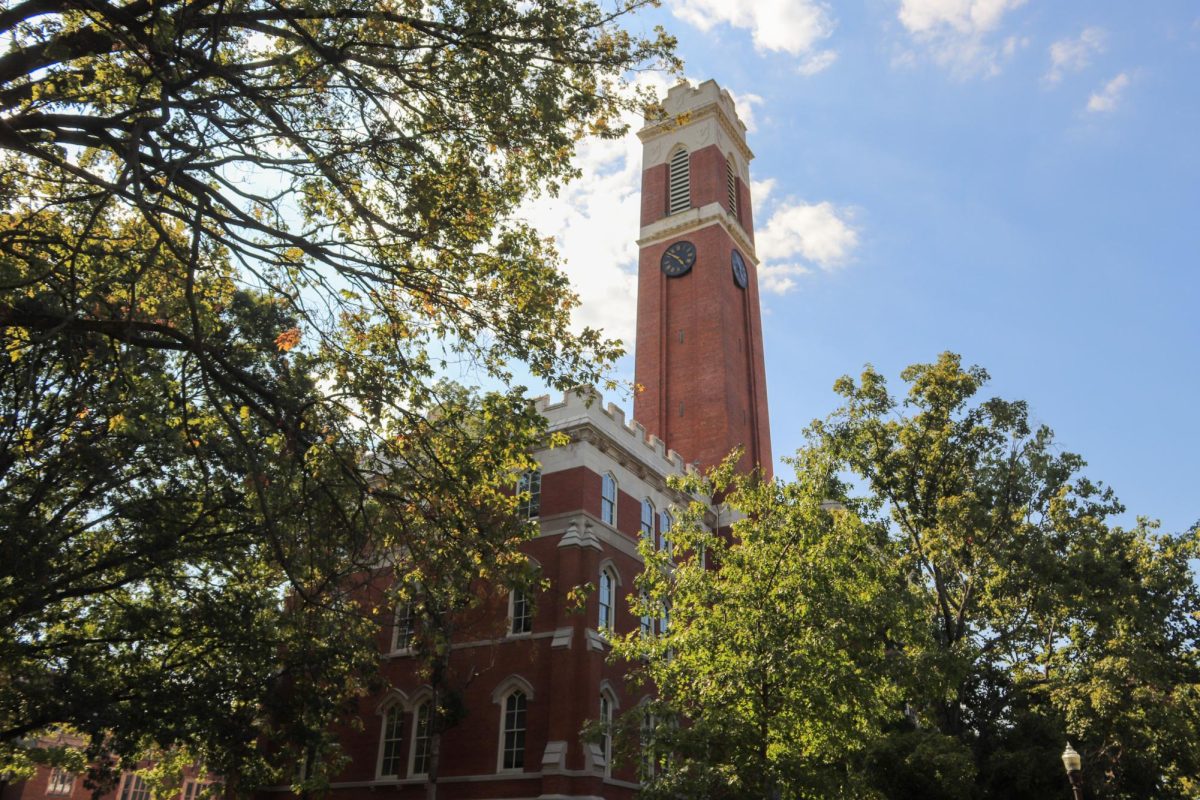Today, in a statement released on Facebook and Twitter, Vanderbilt University distanced itself from CoreCivic, one of the largest private prison companies in the United States. The statement does not address the university’s history with the company, but does say that at the current time, Vanderbilt has no investments with the private prison industry.
Vanderbilt’s relationship with CoreCivic drew attention this week following criticisms of the private prison industry in light of the ongoing immigration crisis, particularly the recent policy of separating families at the border. CoreCivic, which operates eight immigration detention centers, released a statement Wednesday morning saying that “none of [their] facilities provide housing for children who aren’t under the supervision of a parent.” The company, however, alongside other major private prison companies, has come under scrutiny in recent days for its rising stock prices as a result of an expected increase in funding for detention centers under the Trump administration’s immigration policies.
CoreCivic, formerly known as the Corrections Corporation of America, was founded in 1983 by Thomas Beasley, a Vanderbilt Law School alum. Prior to the company going public in 1986, the university was an early investor. In 2007, with partial funding from CoreCivic, Vanderbilt researchers published a study which reported that states with shared public and private prison systems can save money. CoreCivic has a summary of the study on its website. Additionally, Beasley endowed the Thomas W. Beasley scholarship for U.S. Army veterans attending law school in 1997 and received a Distinguished Alumnus Award from the Vanderbilt University Law School in 2006.
In recent years, the Vanderbilt student body has demanded that the university divest from the private prison industry and address the history of investment with CoreCivic and Beasley. In March 2017, Vanderbilt Student Government unanimously passed a bill calling for a divestment from the private prison industry and to disallow any future investment in private prisons in any capacity. Following the bill’s passage, Jim Patterson, a spokesman for the university told WKRN that the university does not have any direct private prison investments, but that they will consider the bill when making future investment decisions.









